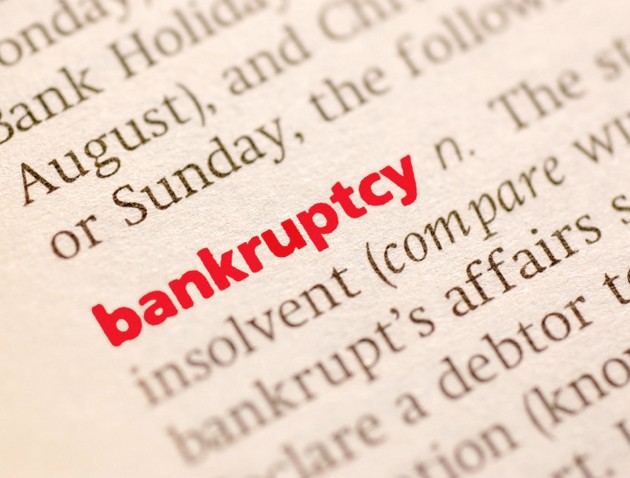What If Vanguard or Fidelity Went Bankrupt
Post on: 6 Май, 2015 No Comment

Continuing on the line of thinking started by my post on What if my bank fails?. the next question might be what if my mutual fund company went bankrupt? I mean, I have a lot of money in Vanguard and Fidelity right now. What happens if one of them pulls an Enron or simply runs out of money?
One source of information is this 2004 Money magazine article written shortly after previous mutual fund scandals:
What happens if my fund company fails?
Your money is safe. Under the Investment Company Act of 1940, which governs the industry, each fund is set up as an individual corporate entity, with its own board of directors. Essentially, your fund hires the fund company to manage its assets. If the company were to file for bankruptcy, its creditors would not be able to touch the fundss assets. And the funds directors could immediately hire a new manager, pending shareholder approval.
The way I read this, mutual fund managers are interchangeable. If the fund company goes bankrupt, the assets would remains the same, one would just have to hire a new company to manage it. In addition, one of the features specific to Vanguard is that it is set up as client-owned. How this works is that each of us might own a share of a mutual fund like VFINX. In turn, that mutual fund is a separate entity that contributes money to fund Vanguards operations, instead of the other way around. Here is an excerpt from Mel Lindauer of the Diehards forum, which explains this setup well:
First, The Vanguard Group Inc. (VGI) is actually a subsidiary of the various mutual funds, each of which is a separate legal entity. The best way to describe Vanguards unique structure would be to think of General Motors turned upside down, with Chevrolet, Cadillac, Oldsmobile, Pontiac, etc. as the corporate parents, and General Motors as a subsidiary. If you think of Chevrolet, Cadillac, Oldsmobile, Pontiac, and the other GM divisions as mutual funds, and General Motors (the subsidiary, in this situation) as Vanguard Group Inc. youll get the picture.
Since VGI is actually owned and funded by the various mutual funds, it technically couldnt go bankrupt unless all of the various mutual funds that support it went bankrupt. The only way that could happen would be for the value of all of the stocks and/or bonds held by each and every individual Vanguard mutual fund to go to zero. So, forget about Vanguard going bankrupt it just isnt going to happen.
Some have expressed concerns about putting all their eggs in one basket by consolidating their investments at Vanguard. Theres simply no need to worry about that. Each fund is a separate investment company (and part owner of the Vanguard Group, rather than the other way around). Thus, having all of your investments in several Vanguard funds is tantamount to having your investments spread among a variety of baskets, each independent of the other. So, put your fears to rest; your investments are safe at Vanguard.
The Real Question Ethics and Management
In the end, the real fear that one should have is that their mutual fund management will simply make poor or reckless investment decisions and lose your money perfectly legally. Also, in previous ethics scandals, managers also performed illegal trading or other activities specifically forbidden in their prospectuses. This is why ethics and consistency of management should be a component of why you choose to invest in a mutual fund, and why I feel very comfortable with the majority of my assets in Vanguard index funds.
I have never heard of a mutual fund company going out of business. But Ive read about a lot of bad mutual funds with horrible performance. And this drop usually happens after a period of great performance and the heavy advertising and money inflows that ensues. Something to think about.














